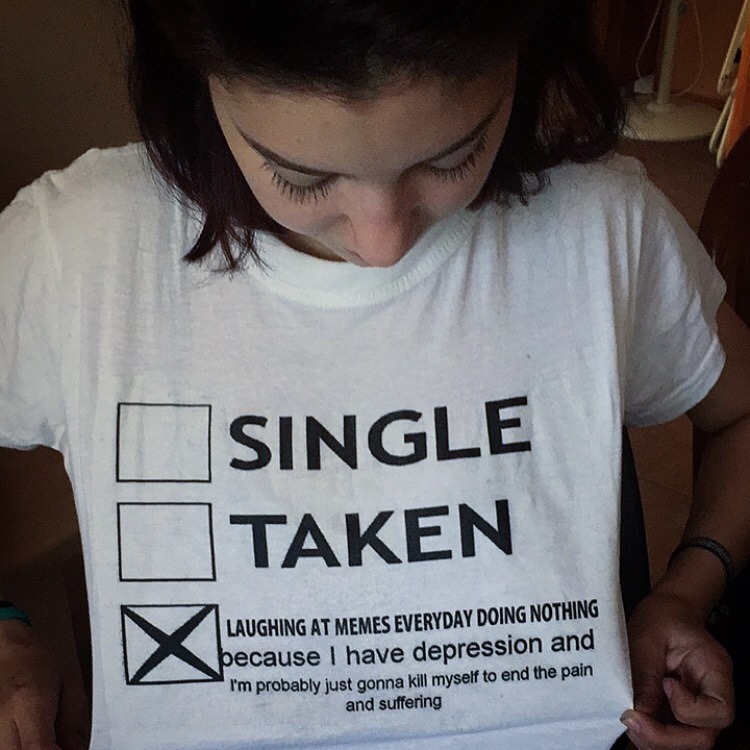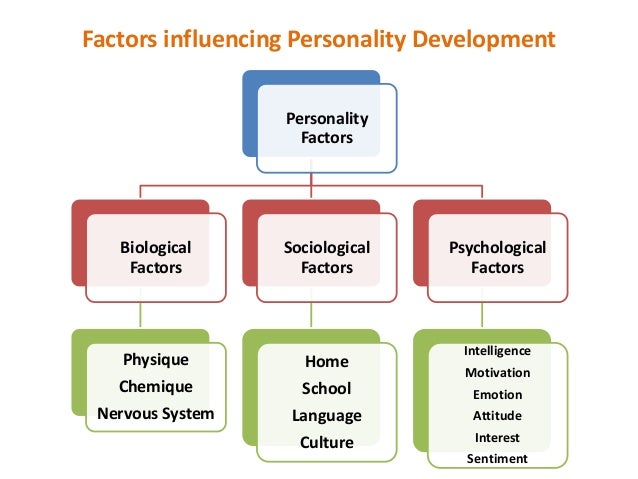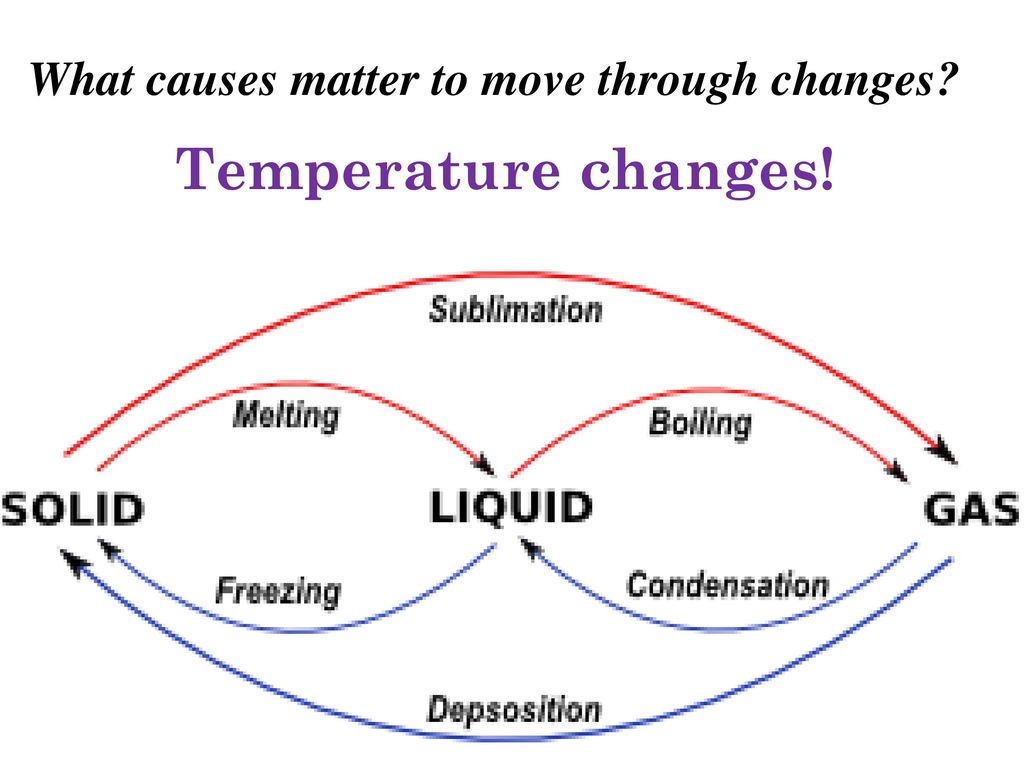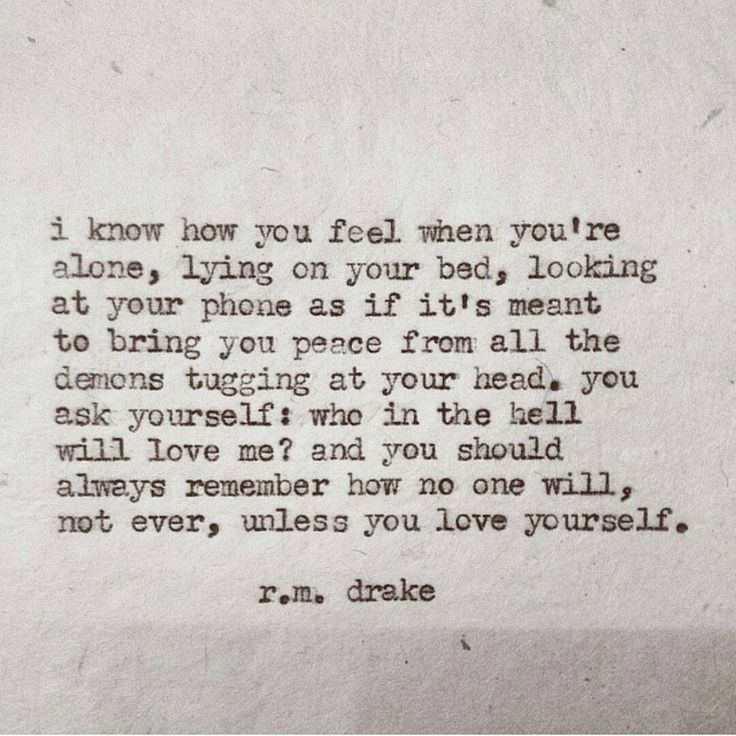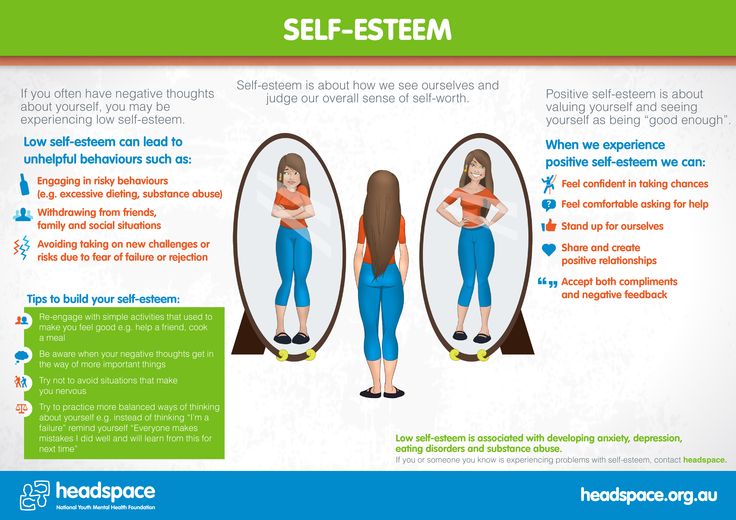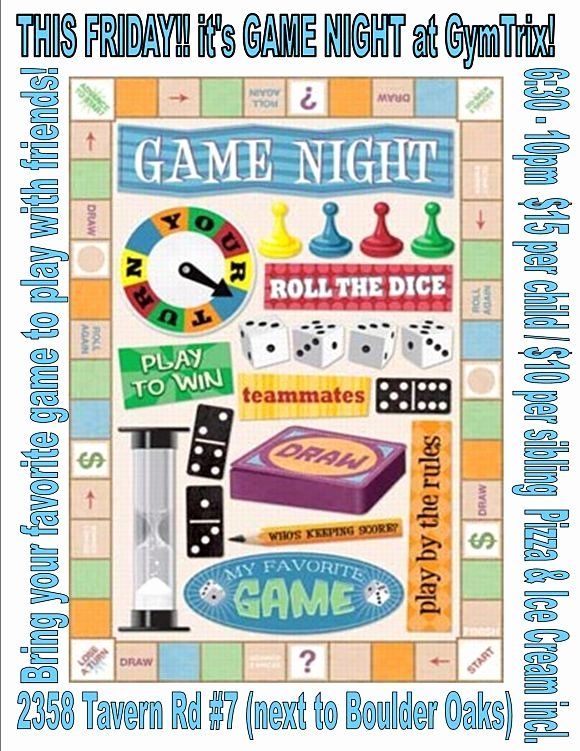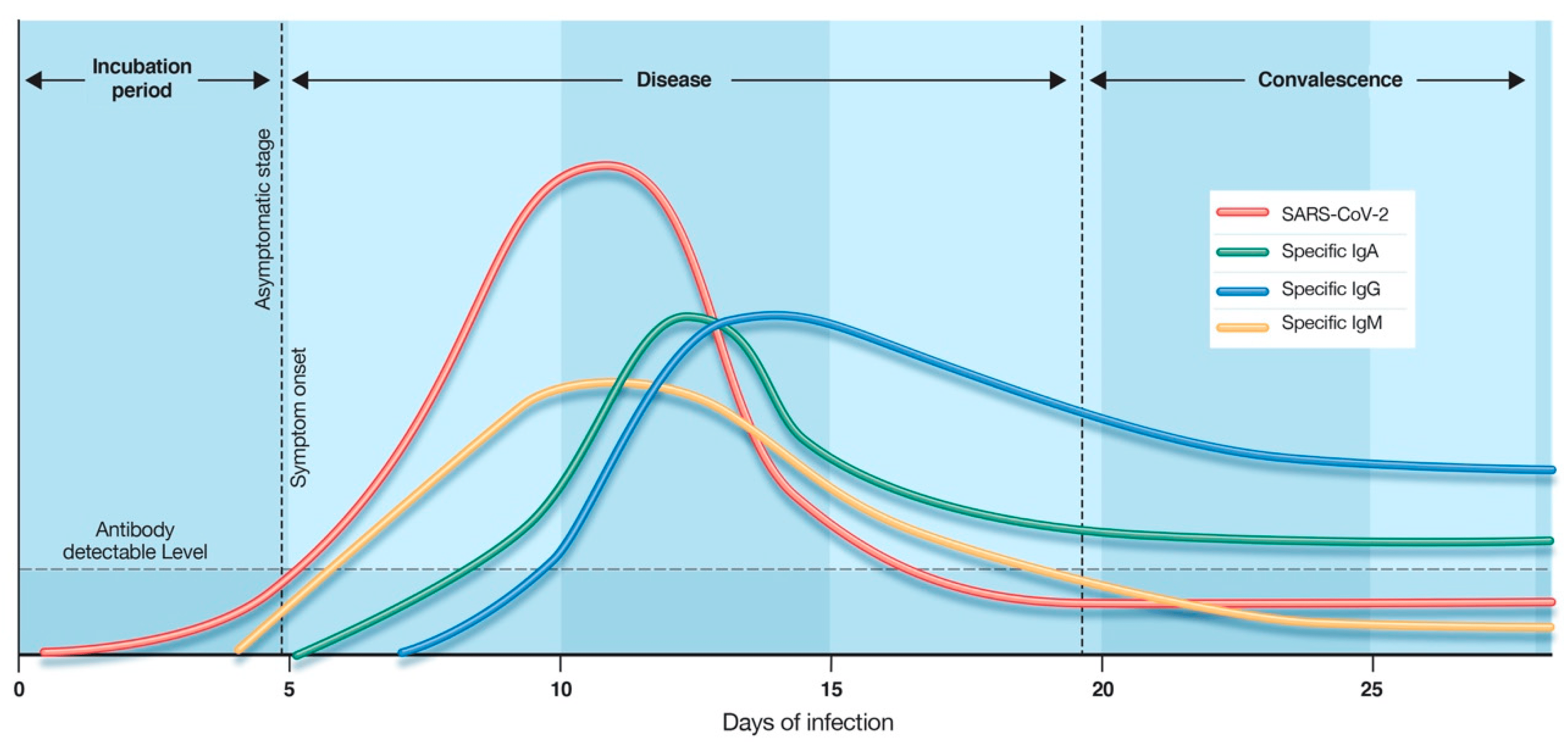Careers for musical intelligence
10 Careers for People with Musical Intelligence (2023)
People with musical intelligence tend to be good at identifying tunes and pitch. They also, interestingly, are often very good at math.
If you’ve got musical intelligence and seeking a profession based on this skillset, below I’ve outlined 10 potential careers you can go into.
If you’d like to go into a deeper dive on musical intelligence (as well as some criticisms of the concept!), check out my articles on Gardner’s multiple intelligences theory or these examples of musical intelligence.
Musical Intelligence Careers
1. Music Teacher
A music teacher is a job that requires a lot of musical intelligence. You also have to have more than one of its attributes.
For example, not only must you be able to identify all sorts of musical genres, but a music teacher should be able to play just about every musical instrument possible, or at least a lot of them.
Not only that, but being able to explain music theory, teach your students how to play various instruments, and get them to appreciate music are also requirements of the job.
If you have a lot of musical intelligence, enjoy working with children, and find teaching others rewarding, then being a music teacher is right up your alley.
2. Record Producer
A record producer works with musicians and recording studios to create musical recordings.
They can be involved in the entire process of creating a song, from offering suggestions regarding lyrics, to fine-tuning a near-finished song.
They often help shape the artistic direction of a project by motivating musicians and helping them manage the creative process, which can be very challenging.
A record producer can be a fascinating job. Although it is not required that a record producer can play a musical instrument, they do need to possess many other attributes that make up musical intelligence.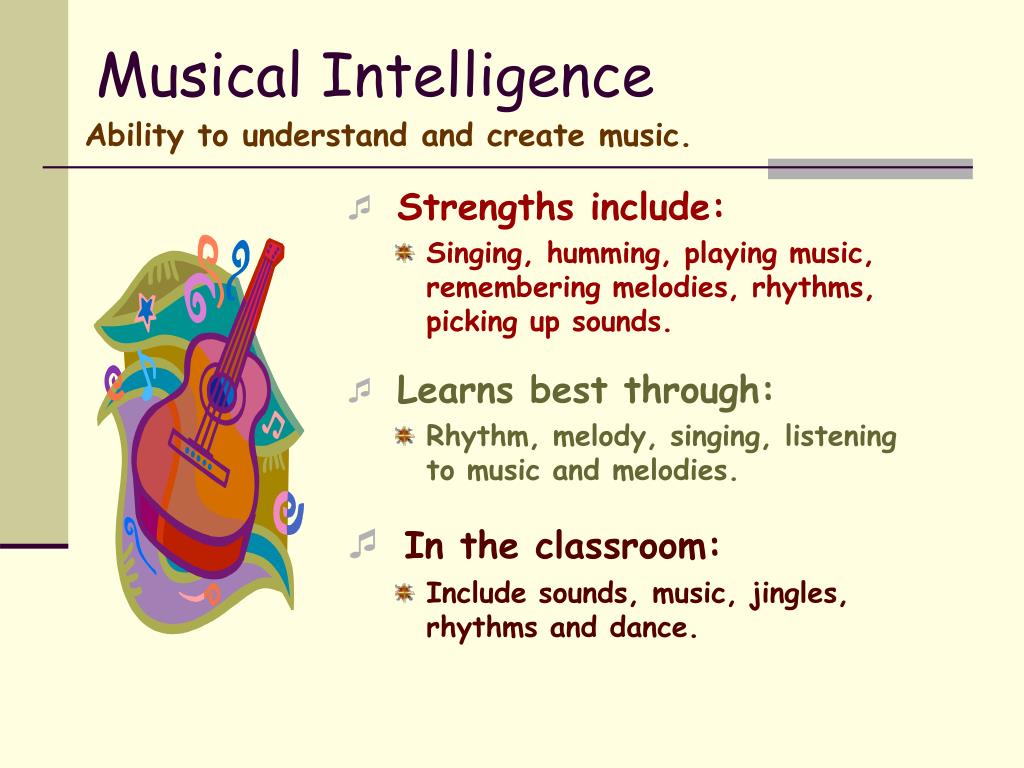
For example, they need to have a keen sense of rhythm and an understanding of the nuances of pitch and tone. The musical intelligence they have, the better at producing they will be.
3. Movie Soundtrack Composer
The soundtrack of a movie can either make the film a masterpiece Grammy award winner or an unbearable two-hour nightmare.
This is why movie studios spare no expense on soundtrack production if they think they have a great film. Even a well-directed story will be a box-office flop if the soundtrack is horrible.
Although they may not be able to play any musical instruments, a soundtrack producer still possesses a great deal of musical intelligence in other forms.
For example, the soundtrack composer is responsible for writing an original score and arranging the various elements in a way that matches the scenes being portrayed on screen.
They need to have a very advanced understanding of how music impacts an audience by manipulating tone, pitch, and rhythm.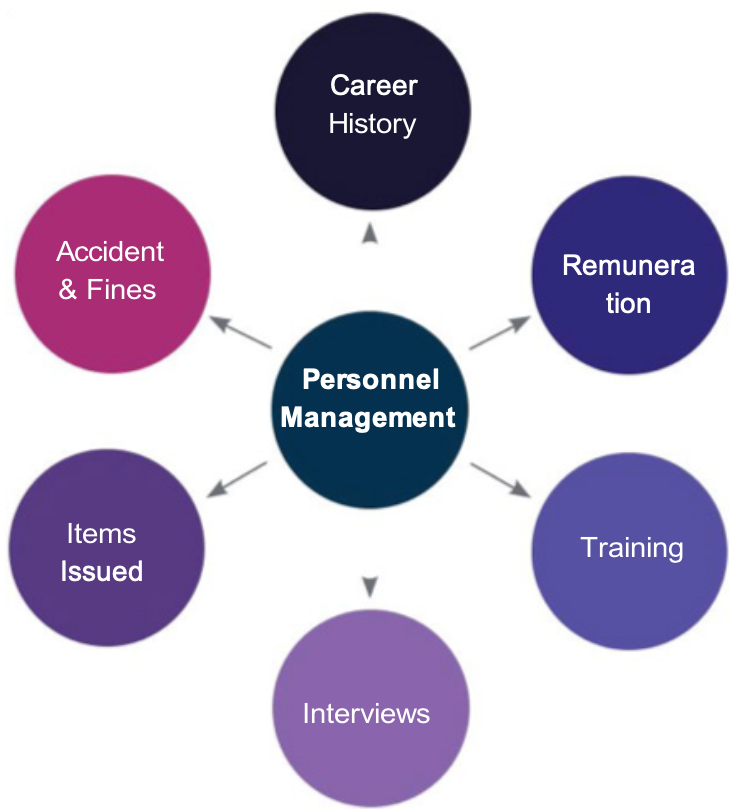
It’s a job that usually goes unnoticed by the audience, but film studios recognize the value for sure.
4. Symphony Conductor
When most of us observe a conductor at work, it might appear that they have a fairly simple job; move one’s arms up and down a lot.
It looks a little like aerobics. In reality, however, the job is quite involved.
The conductor spends significant time in rehearsal with the orchestra. During these sessions, the conductor will explain how they would like each song to be played, such as how fast a piece should be played, how loud, or when certain instruments should be highlighted or toned down.
A really talented conductor might even offer a very nuanced reinterpretation of a famous piece that only the most sophisticated audiences will appreciate.
And then comes the performance. Some conductors are infamous for scrapping all of those instructions during rehearsals and demanding the orchestra follow his/her spontaneity to the letter.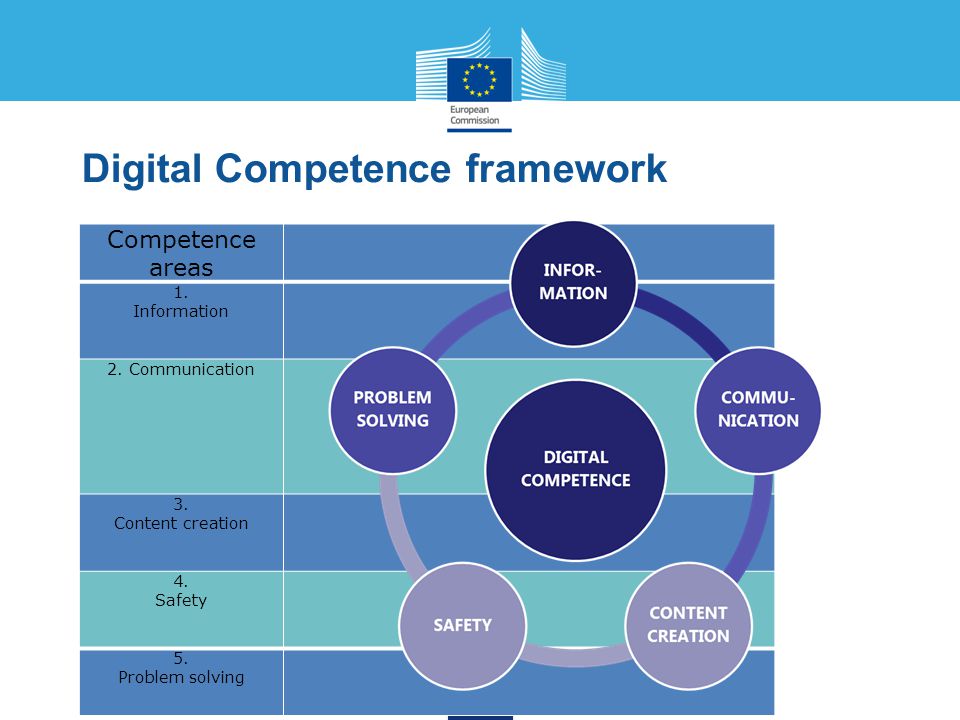 Keeping your musicians a little on edge can bring out their best.
Keeping your musicians a little on edge can bring out their best.
5. Disc Jockey
A disc jockey is usually referred to as a DJ, a person that plays recorded music created by others.
They work in radio stations, nightclubs, and music festivals. A DJ might also perform as a turntablist, which means that they use turntables to manipulate sounds on a phonograph while other music is being played.
Being a DJ requires a great knowledge of musical genres and the ability to read an audience’s mood so that they can select music that will create a specific reaction.
Understanding how to pace the music selected with various points in the flow of a show or nighttime event is equally important.
Playing one style of music for too long will create boredom or a sense of monotony in the audience, so the DJ is also responsible for keeping the pace of an event on track and interesting.
6. Rock Star
A lot of youth dream of being rock stars.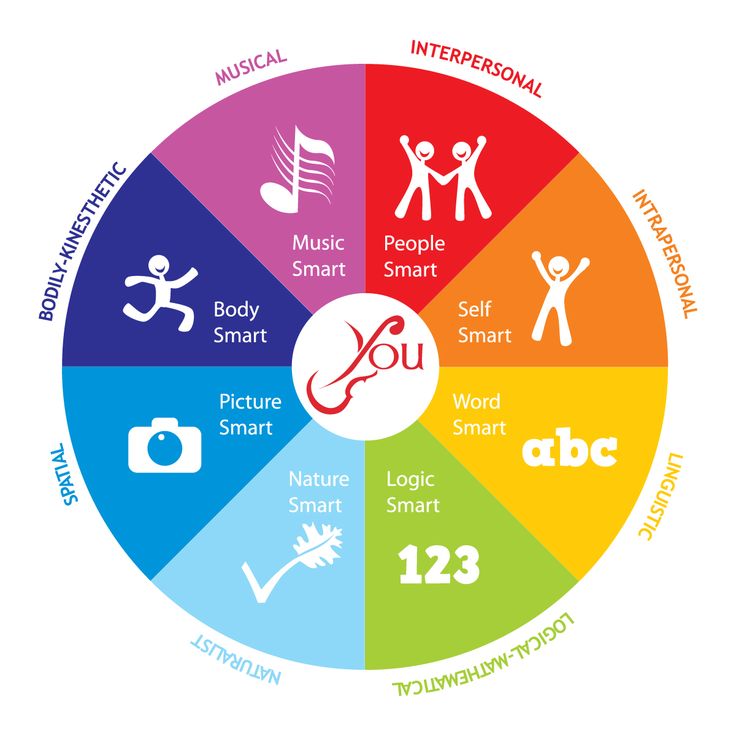 The life seems glamourous, and the pay is pretty good as well.
The life seems glamourous, and the pay is pretty good as well.
Of course, to accomplish that dream requires the ability to play at least one musical instrument or sing.
Every band also needs to compose music that is appealing to a certain type of audience. That includes arranging the different musical elements of a song in a way that is compelling and writing lyrics that can create an emotional connection with fans.
Those are key characteristics of musical intelligence.
Although the success of a band hinges on more than just musical intelligence, such as marketing, stage presence, and not having your work stolen, the dividends of success can be very rewarding…in more ways than one.
7. Songwriter
Some people who don’t become rock stars can still make a living from their love of music.
Most pop and country musicians these days hire songwriters to compose songs on their behalf.
And in fact, there are many people you may know who started out as songwriters living in the shadows of famous singers.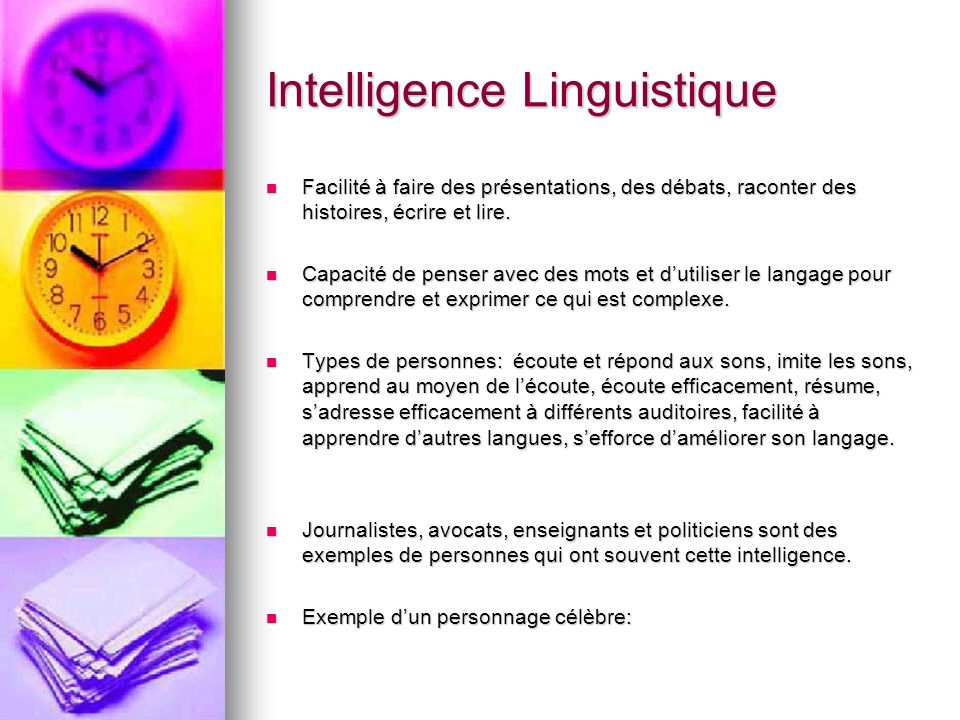
Ed Sheeran wrote “Little Things” for One Direction before becoming famous himself. Bruno Mars write “Nothin on You” by B.o.B, and the Canadian country musician Tebey wrote prolifically for One Direction, Cher, and The Veronicas before he became famous for his song “Who’s Gonna Love You if I Don’t”.
8. Music Therapist
Music therapists are therapists who use music in their work with clients. Music can help clients to tap into their physical, emotional, cognitive, and social needs.
Furthermore, music therapy can help to improve communication skills, help with social anxiety, promote rehabilitation, and much more.
Music therapists can work in a variety of settings, including hospitals, schools, and nursing homes.
9. Music Historian
Music historians generally get jobs in universities or libraries. Their job is to explore the history and progression of music over time.
They will often also explore how music has influenced culture and even affected the progress of history.
For example, they may explore how certain musicians influenced politicians; or how certain genres caused cultural movements, led to moral panic and were even banned.
A music historian may have a Ph.D. in music.
10. Session Musician
A session musician is a professional musician who doesn’t run their own band. Instead, this musician is hired to play on recordings or live performances of other artists.
They are generally not the primary artists or composers. Rather, they are the backup and support artists.
Nevertheless, their contributions can influence the final product and may provide a unique sound or interpretation of the song.
Session musicians often have to sight-read music, which means they play the music without memorizing it – they read and play at the same time.
Skilled session musicians will have a wide range of instruments that they are proficient in playing to make them valuable clients to hire.
Conclusion
While the academic concept of musical intelligence by Howard Gardner is widely questioned by scholars, it’s nonetheless a concept that is a valuable tool for explaining people who tend to learn and think through music.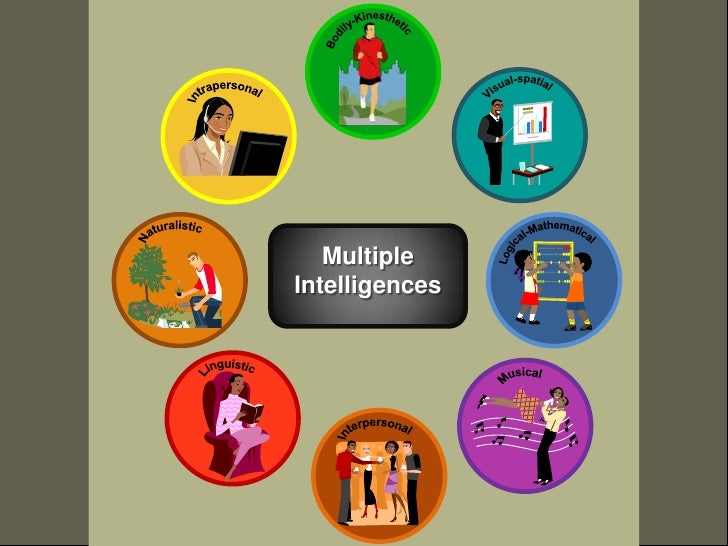
These people often get jobs in the musical field, either through composing their own music or using music in the day-to-day of their profession.
References
Barry, S. R. (2010, June). Do musicians have different brains. Psychology Today. Retrieved from https://www.psychologytoday.com/us/blog/eyes-the-brain/201006/do-musicians-have-different-brains
Črnčec, R., Wilson, S. J., & Prior, M. (2006). The cognitive and academic benefits of music to children: Facts and fiction. Educational Psychology, 26(4), 579-594. https://doi.org/10.1080/01443410500342542
Fonseca-Mora, C., Toscano-Fuentes, C. & Wermke, K. (2011). Melodies that help: The relation between language aptitude and musical intelligence. International Journal of English Studies, 22(1), 101-118. Available at SSRN: https://ssrn.com/abstract=1815339
Gardner, H. (1983). Frames of mind: The theory of multiple intelligences. New York: Basic Books.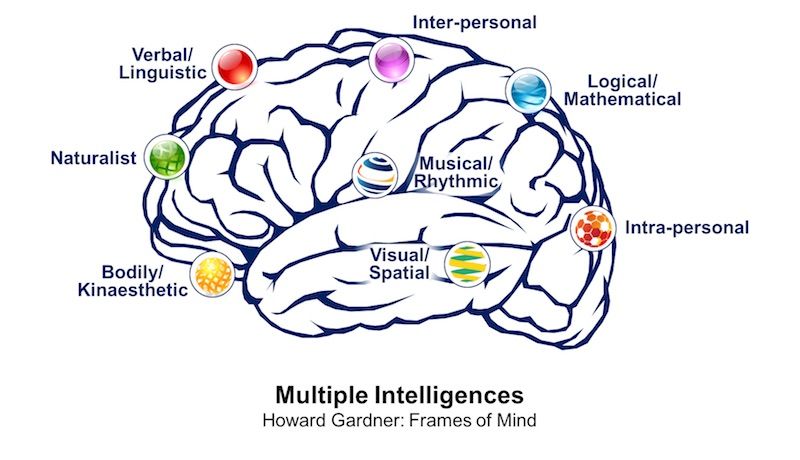
Helding, L. (2010). Mindful voice-Gardner’s theory of multiple intelligences: Musical intelligence. Journal of Singing-The Official Journal of the National Association of Teachers of Singing, 66(3), 325-330.
Leipold, S. Klein, C., & Jäncke, L. (2021). Musical expertise shapes functional and structural brain networks independent of absolute pitch ability. Journal of Neuroscience, 41(11), 2496-2511. https://doi.org/10.1523/JNEUROSCI.1985-20.2020
Murphy, C. (1999). How far do tests of musical ability shed light on the nature of musical intelligence? British Journal of Music Education, 16(1), 39-50. https://doi.org/10.1017/S0265051799000133
Taylor, J. M., & Rowe, B. J. (2012). The “Mozart Effect” and the mathematical connection. Journal of College Reading and Learning, 42(2), 51-66. https://doi.org/10.1080/10790195.2012.10850354
Chris Drew (PhD)
Website | + posts
Dr.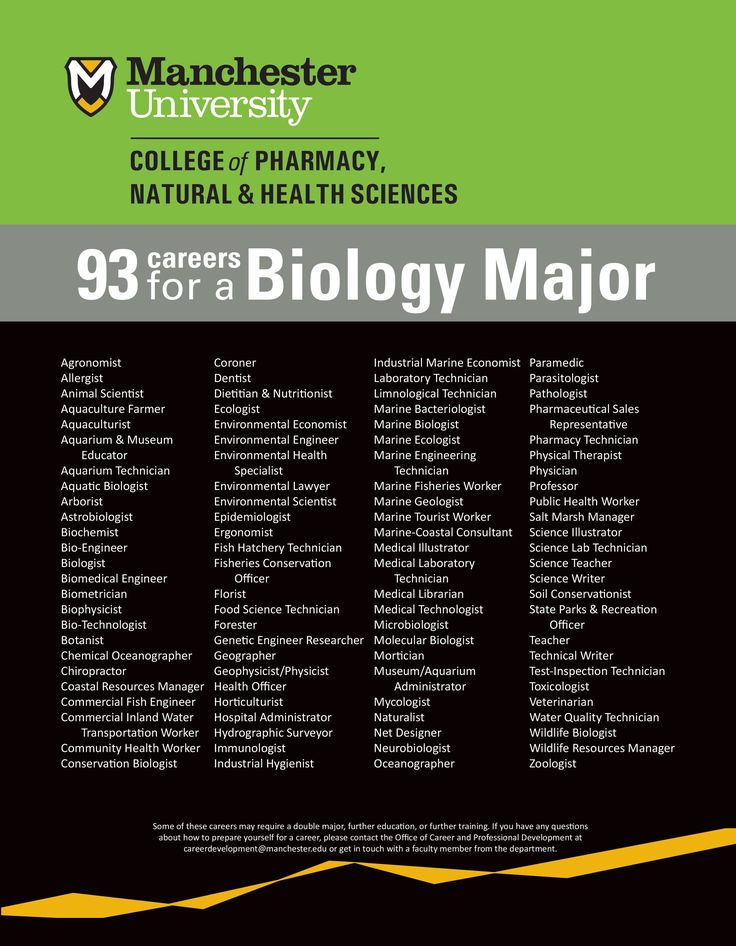 Chris Drew is the founder of the Helpful Professor. He holds a PhD in education and has published over 20 articles in scholarly journals. He is the former editor of the Journal of Learning Development in Higher Education.
Chris Drew is the founder of the Helpful Professor. He holds a PhD in education and has published over 20 articles in scholarly journals. He is the former editor of the Journal of Learning Development in Higher Education.
Information for Students and Teachers
“We provide trustworthy, accessible, and accurate peer-reviewed study guides that reflect expert consensus – all in language that university students can understand!”
Chris Drew, PhD
Founder and Chief Editor
“LOVE, LOVE, LOVE Chris. One of the best teachers I’ve ever had. I love his easy clear teaching style.”
Jessica T.
Social Studies Student
“I was so impressed by the support and presence of Chris. Chris is so involved, supportive, and energetic. I would not have done as well as I did at university without his wonderful guidance and enthusiasm.”
Chris is so involved, supportive, and energetic. I would not have done as well as I did at university without his wonderful guidance and enthusiasm.”
Sally R.
Bachelor of Education Student
“Chris is supportive and a very effective teacher. He has a great way of explaining the points and breaking down everything into bite size pieces. He goes out of his way to help his students improve.”
Krystin S.
Youth Studies Student
“Chris goes over and beyond any other teacher I have ever had, very approachable and on the ball with every last detail. Big shoutout to Chris.”
James L.
Bachelor of Arts Student
Take the Essay Writing Course
As Featured InThe Economist
Readers Digest
Times Higher Education
eLearn Magazine
Browse the Site
Academic Writing Skills
Search
College Study Tips
Search
Topic Study Guides
Search
Search for Study Guides
Top Academic Writing and Study Skill Guides
How to Write an Introduction that will Wow your Teacher
Practical tips on how to write an introduction for your next essay.
How to Prevent Procrastination while Studying
Here are 11 science-based tips on how to stay focused on your studies.
How to Start an Essay (When you Don’t know what to Write)
Sometimes the first sentence is the hardest. Here’s your solution.
How to Find Scholarly Sources Online (For Free)
A simple guide to getting those scholarly sources you need for your next paper.
My Perfect Paragraph Structure Formula
This is one of my biggest and best tricks for writing amazing in-depth essays.
Should you get Grammarly? Here’s my Opinion.
I take a look at the arguments on both sides of this topic.
How to Paraphrase like a Pro to Get Top Grades
Paraphrasing is hard – but I’ve got it down to an art with this simple formula.
How to Edit your Essay to Get 13% Higher Grades
Research shows appropriate editing will grow your grade by 13%. Here’s how.
Here’s how.
How to Write Conclusions with my 5 Cs Conclusion Method
End your essay in style with this simple effective method for writing conclusions.
Keep in Touch
5 promising careers in the field of artificial intelligence - Career on vc.ru
Hello, my name is Oleg Sokolov, I am an engineer in the field of artificial intelligence and technical director of a small startup.
938 views
Artificial intelligence has spread everywhere and has become an integral part of our lives. It helps us in productivity, makes decisions and performs routine tasks, freeing us from monotonous work. AI finds its application in various fields from medicine to transport and even in art.
In this article, I will describe my assumptions about the promising future professions associated with new achievements in the field of artificial intelligence. Some of these professions are not yet represented in the labor market, but I think that they will be in demand in the near future. Being one of the first to start working in this field can be very profitable.
Being one of the first to start working in this field can be very profitable.
Picture drawn by neural network
Neuro/AI - Artists
In 2022, there was a breakthrough in the quality of image generation using neural networks. There were such neural networks as DALL-E, MidJourney, Stable Diffusion. All of these models allow you to write a text query, such as "the cat looks at the moon in the style of Van Gogh", and then get images of the cat in the desired style. There are practically no restrictions, only your flight of fancy.
Salary: I think it depends a lot on your talent. You can make logos, art, avatars to order, I saw prices from 1000 R to 10 000 R for a similar art. To get a good result, sometimes spend hours looking for a good description or additionally editing the image in Photoshop.
Prompt Engineers
"Prompt" is just a text query for the neural network. For example, when networks of image generation appeared, many noticed that if you add the words 4K, ultrarealism, detailed, then the quality of the output images is higher.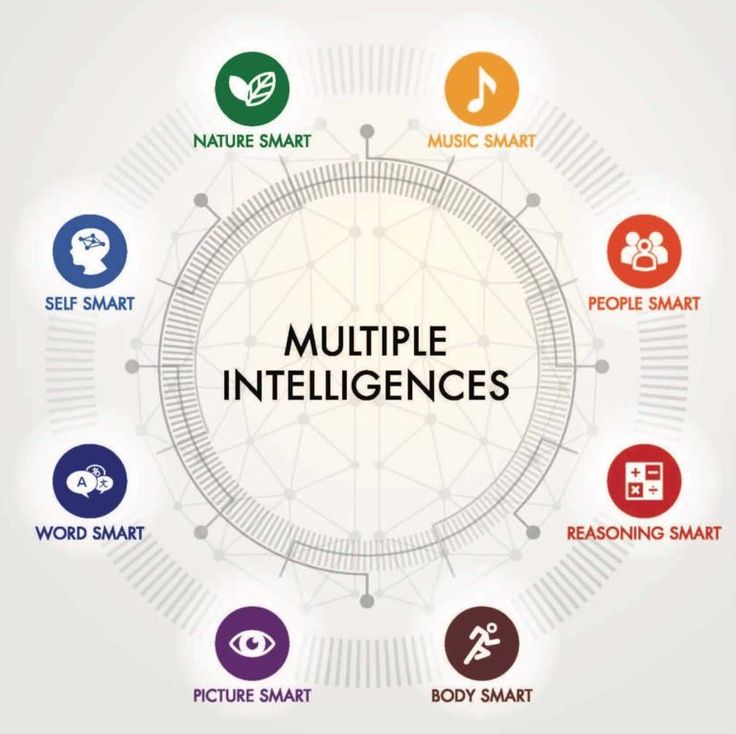 Now there are even books on how to select such "prompts". If you are well versed in some area, for example, in photography, you can add professional terms or names of famous artists. Some are already selling "prompts" that help produce more interesting and beautiful images.
Now there are even books on how to select such "prompts". If you are well versed in some area, for example, in photography, you can add professional terms or names of famous artists. Some are already selling "prompts" that help produce more interesting and beautiful images.
Salary: still a very narrow niche, but if you have a talent for generating ideas in text form, then this can be used to find successful "prompts" that you can sell to the same AI artists.
ML Engineer / ML Scientist
It would be unfair not to mention this specialty. After all, it is thanks to scientists and developers in the field of AI that such cool neural networks have appeared. However, the path to the profession is quite difficult, especially if you want to not only use neural networks, but build and train models for completely new tasks. Basically, a good knowledge of mathematics, Python, as well as machine learning algorithms and libraries is required. The profession as a whole is not new, but it is likely that we will see more vacancies and wage growth as new advances can greatly change the economy of various industries.
Salary: from 100,000 R to 300,000 R on average in Russia, but the largest companies are hunting for the best specialists and in general there is no salary ceiling for professionals.
Content moderators
Moderators still exist, but their need may grow with the spread of content created by artificial intelligence. Imagine that someone bad draws several thousand or even millions of offensive pictures, and even in different styles, and then starts uploading them to social networks. That is why the need for moderation specialists may grow. Of course, some of the content is already filtered using computer vision algorithms, but determining, for example, how offensive the content is for some user groups is still a very difficult task.
The need for moderators of more "higher" entities will probably grow: is the picture funny, is it beautiful? That is, there will be a greater need for subjective opinions from living people.
Salary: 20,000–70,000 R in Russia. But keep in mind that so far, companies still need to check a lot of such content, after which they will then have to be treated by a psychotherapist for a long time.
But keep in mind that so far, companies still need to check a lot of such content, after which they will then have to be treated by a psychotherapist for a long time.
AI Creators / Bloggers
As mentioned above, a number of neural networks have appeared this year that create images well. But also improved models that create high-quality and logical texts (see chatGPT). Perhaps in the coming years there will be AI for video content. But already now there is a huge scope for creativity and blogging. Virtual bloggers are no longer new, but now the living will be able to "substitute" themselves and let neural networks write posts or make realistic photo content with their faces without leaving home. There will also be entire agencies that will bring to life previously inaccessible or expensive ideas.
Salary: here again it depends on popularity and the ability to be creative with new tools, squeezing the maximum out of them. You can earn from 1,000,000 R per month if you successfully occupy a niche or work with companies as an agency.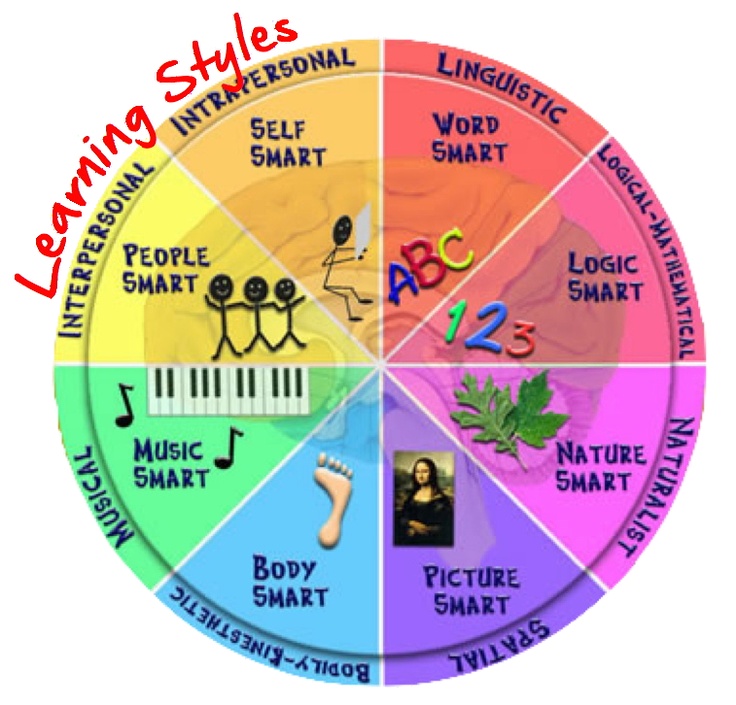
2022 brought artificial intelligence to the masses, giving high quality content. In any case, the ability to use such tools will be a good competitive advantage in the coming years.
projects that use artificial intelligence to create music - Future on vc.ru
AI helps musicians test new ideas, find optimal emotional context, integrate music into modern media, and simply have fun.
20 621 views
NSynth Super is an experimental tool from Google for creating and exploring new sounds
The world's first and most successful developments
In the early 1960s, the French architect and composer of Greek origin, Yannis Xenakis, began to use sounds generated by computers and special programs in the Fortran language. At 19In the 1980s, musician and IT researcher Kemal Ebcioglu proposed in his doctoral dissertation an algorithmic system for harmonizing chorales in the style of Bach.
As artificial intelligence and machine learning have become more sophisticated, the potential of computer music has grown. Soon, algorithms were able to analyze the principles of composing musical works based on real examples.
Soon, algorithms were able to analyze the principles of composing musical works based on real examples.
Scientist and musician John Biles developed the GenJam algorithm capable of jazz improvisation. Jazz trumpeter Biles performed with GenJam as part of the Al Biles Virtual Quintet project. A similar algorithm, GenBebop, was developed by cognitive scientists Lee Spector and Adam Alpern for solo improvisations in the style of Charlie Parker.
Jazz trumpeter John Biles performed with GenJam on the Al Biles Virtual Quintet
One of the most convincing attempts at computerized musical creativity was the Continuator algorithm developed by François Pacher at the Sony Computer Science Laboratory in Paris. In Turing's test, in which Continuator jammed with a professional pianist, most listeners failed to guess the artificial origin of his melodies.
Continuator jamming with a professional pianist for Turing test
The most famous attempt to teach a computer to be creative is Emily Howell, a program created in 2012 by music professor David Cope.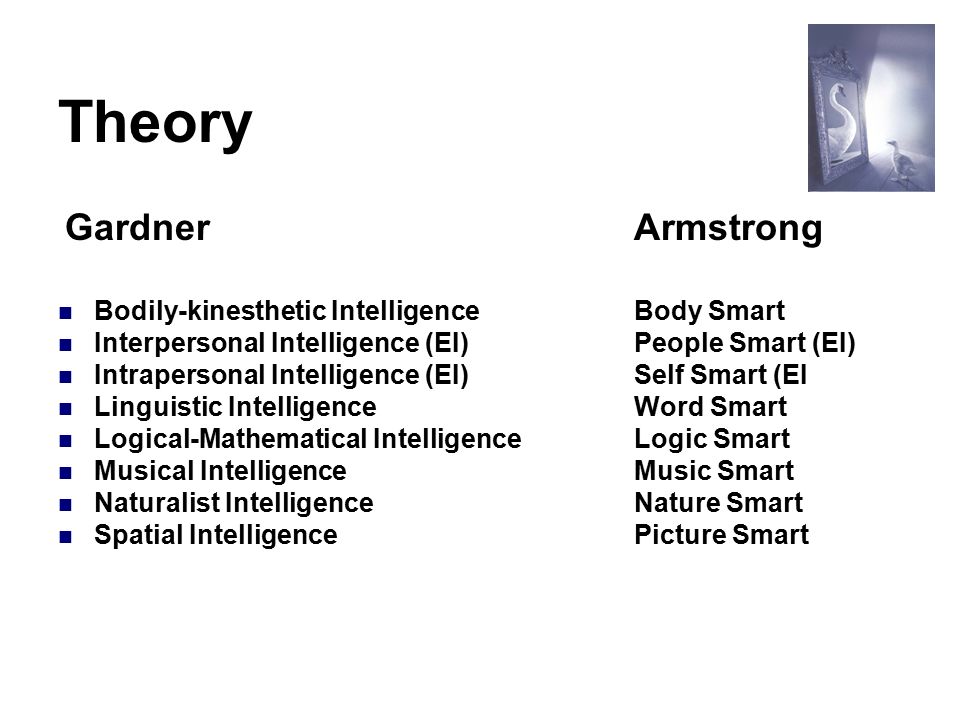 He assumed that all creativity was inspired by plagiarism, and great composers absorbed the musical harmonies that had been created earlier, and their brain "recomposed" melodies and phrases in their characteristic, recognizable methods. These views formed the basis of his development.
He assumed that all creativity was inspired by plagiarism, and great composers absorbed the musical harmonies that had been created earlier, and their brain "recomposed" melodies and phrases in their characteristic, recognizable methods. These views formed the basis of his development.
Emily Howell - From Darkness, Lignt
The first program to create a symphonic composition in its own style (instead of imitating the style of existing composers) was Iamus. The first musical fragment of her “composition” Opus One was created on October 15, 2010, and exactly one year later the first full composition Hello World!
Four Iamus works were broadcast live from the School of Computer Science at the University of Malaga on 2 July 2012. The compositions performed at this event were later recorded by the London Symphony Orchestra and made up the album Iamus, which New Scientist noted as the first complete album created exclusively by a computer and recorded by human musicians.
The authors of Iamus are from the Melomics University of Malaga research project, partly funded by the Spanish Ministry of Economy.
London Symphony Orchestra plays Iamus
Another record holder in the field of machine music, AIVA, created in February 2016, specializes in composing symphonic music for films. This AI became the world's first Society of Musical Recognized Virtual Composer (SACEM).
Google's Magenta research arm, which is finding ways to use artificial intelligence to co-create with people, introduced NSynth Super in 2017.
Unlike a traditional synthesizer that generates audio from hand-designed components, NSynth uses deep neural networks to generate individual sounds and custom samples. In addition, NSynth Super is an open source experimental tool. This gives musicians the opportunity to explore new sounds and developers the NSynth machine learning algorithm.
NSynth Super Presentation by Google Magenta
Flow Machines is a research project funded by the European Research Council (ERC) and led by François Pacher.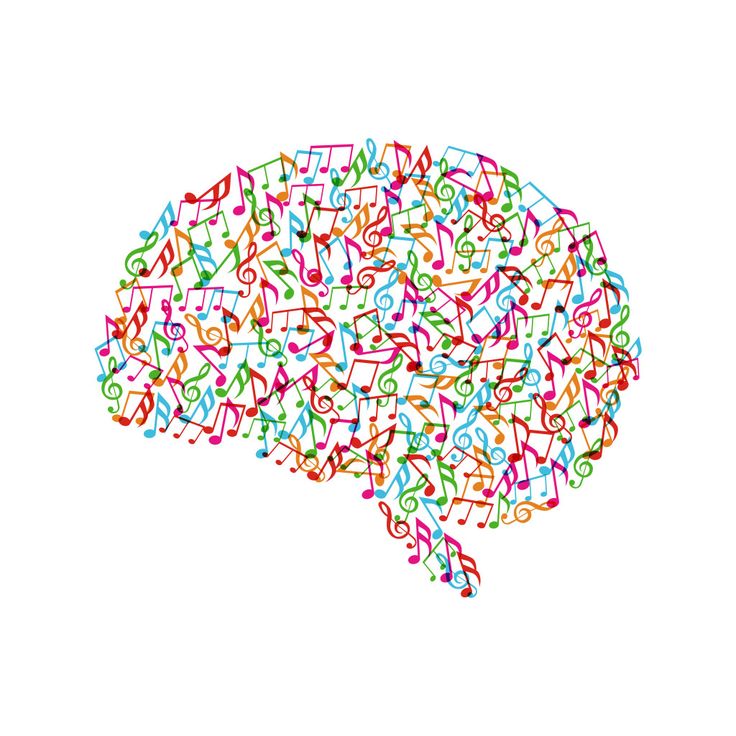
Flow Machines co-wrote two songs with pop composer Benoît Carré: Daddy's Car and Mister Shadow. Flow Machines also released DeepBach, a neural network system that produces believable Bach-style harmonization.
Using this algorithm, in 2017, an album with the already familiar name Hello World, created using artificial intelligence, was released. The BBC called it the first "good" AI music album.
Flow Machines - Daddy's Car, Mister Shadow
Launched in January 2017, Australian startup Popgun created Alice, an artificial intelligence that can sing along and play along with performers in real time. The beginning was laid when Alice learned to predict the harmonious continuation of the fragment of the composition she played.
In August 2017, Alice learned how to improvise: to change the sequence of notes she "heard" while maintaining the overall musical theme. By the beginning of 2019Alice has mastered the arrangement on several musical instruments: she can play along with the vocalist on bass, drums, piano, and also combine different musical passages into one composition.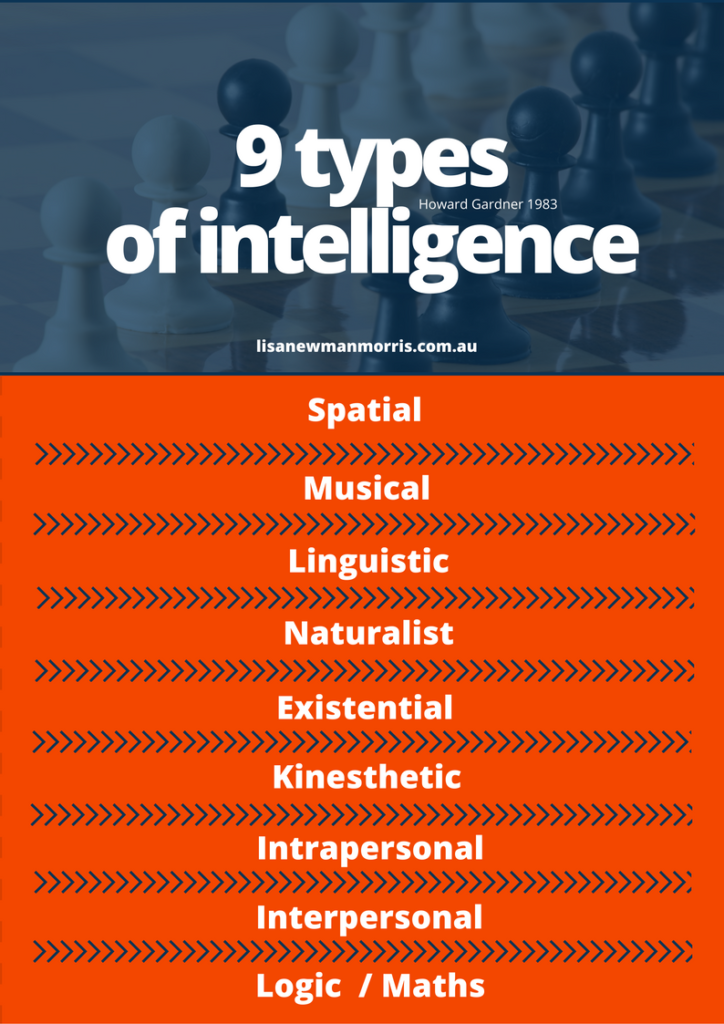
Evolution of Alice by Popgun
Another AI music creation project, The Watson Beat, written by IBM Research, does not need a huge music database like the Google Magenta and Flow Machines projects because it uses reinforcement learning and a deep web of trust to create music.
For example, in partnership with British hip-hop producer Alex Da Kid, The Watson Beat algorithm analyzed data on music and human culture over the past five years. To identify the most common creative themes, the developers used the Watson Alchemy language API to read and understand Nobel Peace Prize speeches, New York Times articles, song lyrics, movie synopses, and more.
The Watson Tone Analyzer API then analyzed over 2 million lines of social content to understand the emotions associated with trending topics.
Using machine learning algorithms, The Watson Beat is able to learn from songs by deconstructing pitch, time, sequence and note velocity. Combined with theories about emotional responses to music, The Watson Beat can generate completely new musical scores based on diverse preferences or feelings.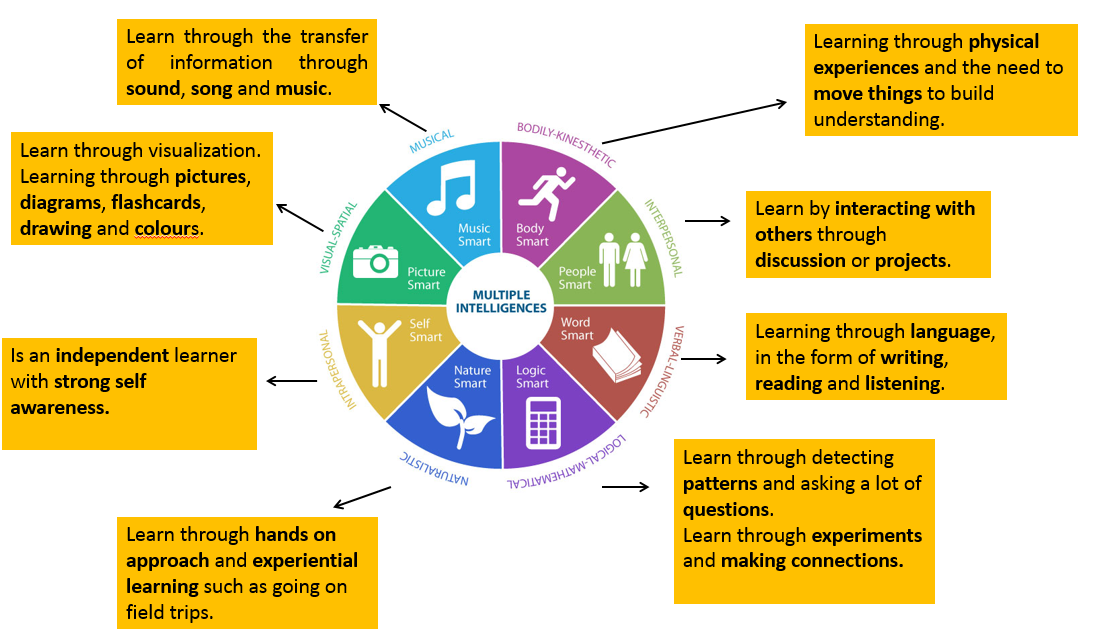
Using this technology, Alex was able to create new songs or snippets of songs, such as a bass line, until he found the sound that inspired him. And although the result of this partnership - the composition Not Easy, released in the fall of 2016 - is the original work of Alex, The Watson Beat has become a tool for finding strong musical techniques and melodies, analyzing the emotions broadcast by music to create a popular composition.
Alex Da Kid talks about the creation of Alex Da Kid
In Russia
In March 2019, Warner Music signed its first computer-generated music deal with Endel. The co-founder of this German startup, Oleg Savitsky, is a former journalist for the Russian edition of F5 and a mobile developer.
Endel is a cross-platform audio system for smartphones and Amazon Echo speakers. The application generates a musical background, taking into account the time of day, weather, different goals of the listener - awakening, rest, concentration, training.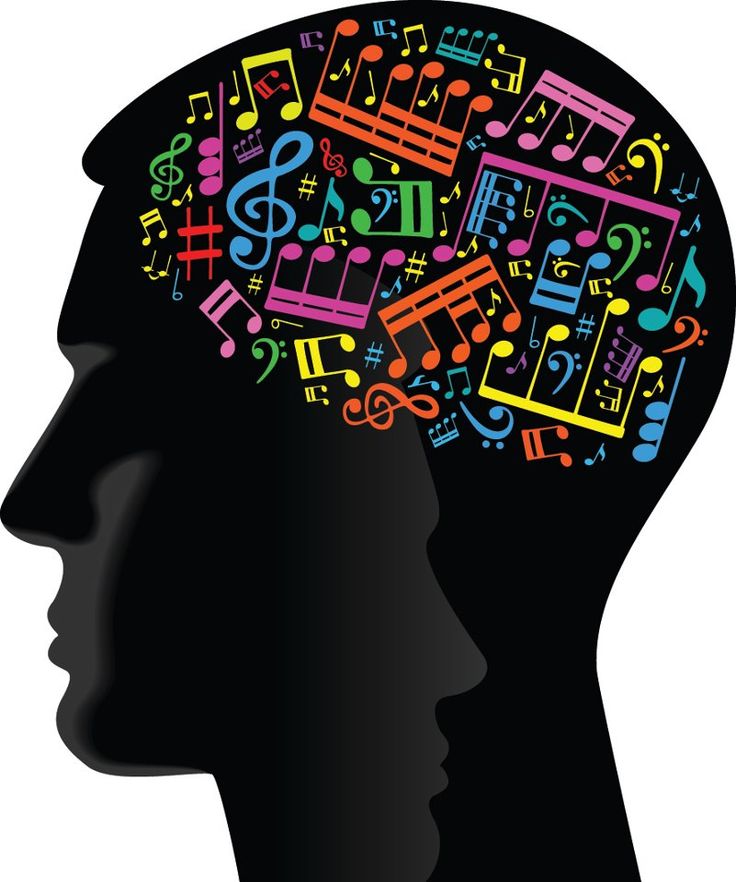 Kevin Gore, president of the arts and music division of Warner Music Group, explained that the new brand will close empty areas in the company's assortment.
Kevin Gore, president of the arts and music division of Warner Music Group, explained that the new brand will close empty areas in the company's assortment.
Soon there will be AI in everything, and hence in the media. For example, Mubert's AI started writing music even before Endel, and quite good. They just focused on something else in business.
And Instreamatic uses AI to turn audio ads placed in online music into a full-fledged brand dialogue with each member of its target audience individually.
As far as show business is concerned, imagine a party where the DJ is an AI, and everyone on the dance floor is either wearing smartwatches or wristbands issued at the entrance, which monitor the state and "mood" of the entire audience, adjusting the music further so so that the whole audience likes it more and more, bringing the crowd to actually group ecstasy - how do you like that?
Mikhail Ilyichev, former head of the music streaming service "Zvuk"
The Russian "Yandex" is also experimenting with the use of artificial intelligence in music.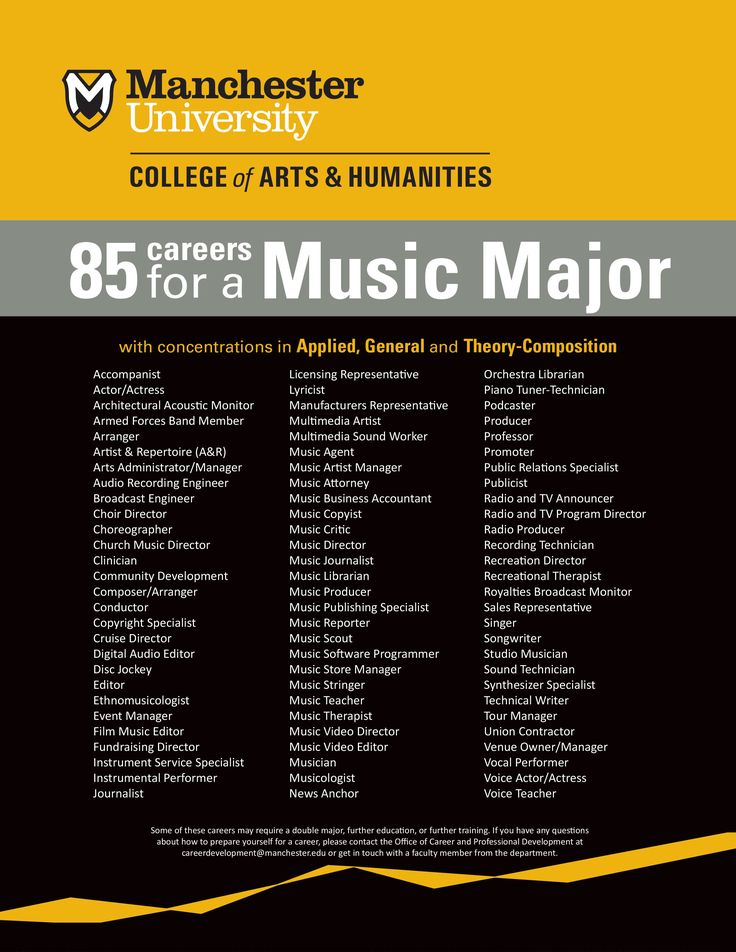 The first such experience was an album of symphonic music based on Civil Defense in 2016.
The first such experience was an album of symphonic music based on Civil Defense in 2016.
To create "Neural Defense", artificial intelligence analyzed the texts of Yegor Letov, and engineers overtook the digital recording of the compositions through an audio cassette, after which they digitized it back to get an authentic sound.
In February 2019, another neural network of Alexei Tikhonov and Ivan Yamshchikov from Yandex became a co-author of a piece for viola and orchestra by composer Kuzma Bodrov. Despite the fact that the neural network was trained on four gigabytes of MIDI files with works from different eras, it turned out to be more difficult to cope with classical music than with Siberian punk rock.
More than 90% of the material was rejected by the composer, and Kuzma Bodrov developed the most successful ideas into a full-fledged musical composition. On February 24, it was performed by the New Russia State Symphony Orchestra conducted by Yuri Bashmet at the closing of the Winter International Arts Festival in Sochi.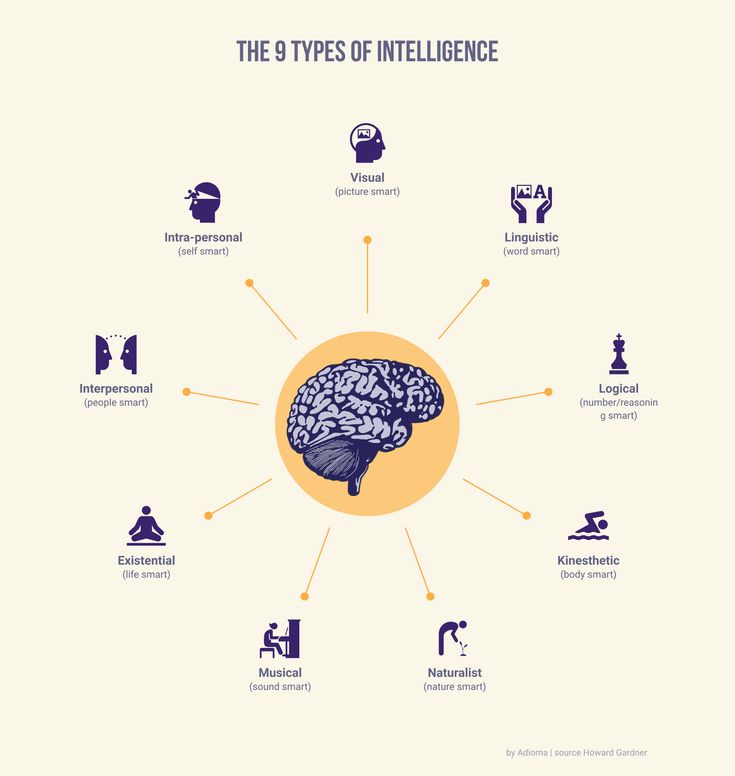
Now the era of services, subscription models begins and, so far, AI actively and truly uses only Netflix when creating its series. Firstly, the industry needs to learn how to use the online sales channel, and secondly, apply IT to build business processes and only then implement AI. However, on the horizon of 3-5 years, this will become more attractive for investors.
Alexey Rozhin, investment analyst at iTech Capital
Interesting music AI projects
Research is currently focused on the application of artificial intelligence in music composition, performance and digital sound processing, as well as the sale and consumption of music. Many AI-powered programs and applications are being used for education and music production.
AlgoTunes is a music company that develops applications that generate music. On the site, anyone can create a random piece of music with a given style and mood with a single keystroke - however, the choice of settings is very limited.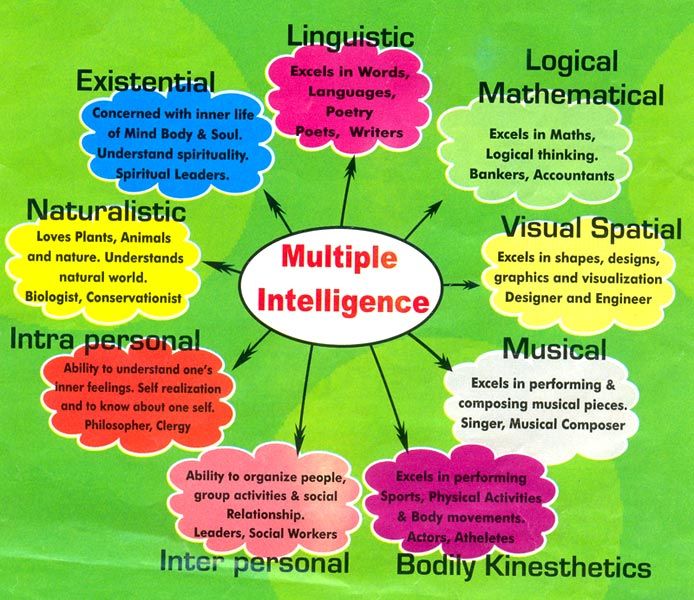
Music created by the web application in a few seconds and available for download as WAV or MIDI files.
MXX (Mashtraxx Ltd), founded in 2015, is the world's first AI engine that instantly converts music to video using only a stereo file.
MXX allows you to customize music for specific user-generated content: for example, for sports and running, for computer game scenes, and so on. MXX's first product, Audition Pro, allows anyone to edit music for video by loading an existing song and automatically adjusting fades, fades and pauses to match the dynamics of the video.
MXX now serves leading commercial libraries, music services, game makers and content studios that need music adapted to modern media.
Orb Composer is a program developed by Hexachords to assist in composing orchestral compositions at the stages of genre selection, instrument selection, track structure.
OrchExtra can help a small high school or community theater ensemble put together a complete Broadway score.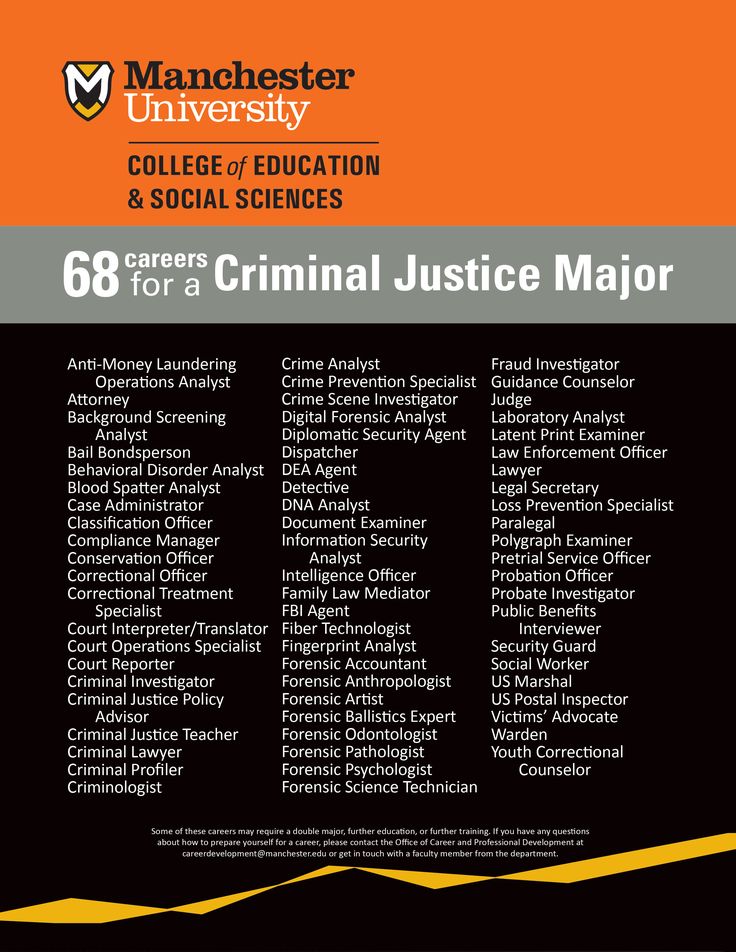 OrchExtra plays the role of the missing instruments by tracking fluctuations in tempo and musical expression.
OrchExtra plays the role of the missing instruments by tracking fluctuations in tempo and musical expression.
According to Igor Shnurenko, a specialist in artificial intelligence and cryptocurrencies, AI startups have now completely captured digital marketing in the music industry. In October 2018, Apple acquired Asaii, an analytics startup for music labels and music agents.
The Asaii algorithm helps you find promising artists before their music hits the charts. As for the introduction of artificial intelligence into creative production and other aspects of the music industry in Russia, experts consider this niche to be promising, although so far in the distant future.
This spring, I see a lot of activity among accelerators and funds that are looking for projects related to artificial intelligence. AI is already indispensable in various niches: in advertising, medicine, automotive industry, due to the ability to perform the most complex calculations in a short time, with high quality.
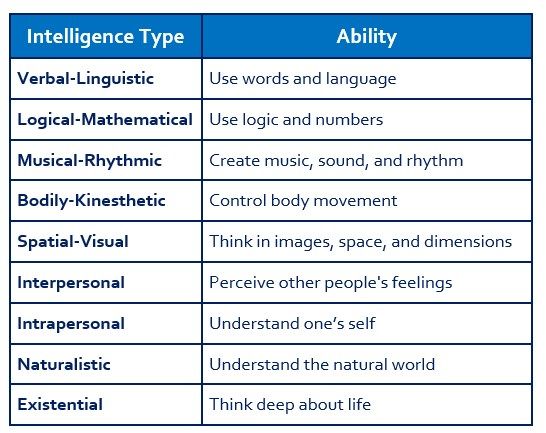
Learn more
